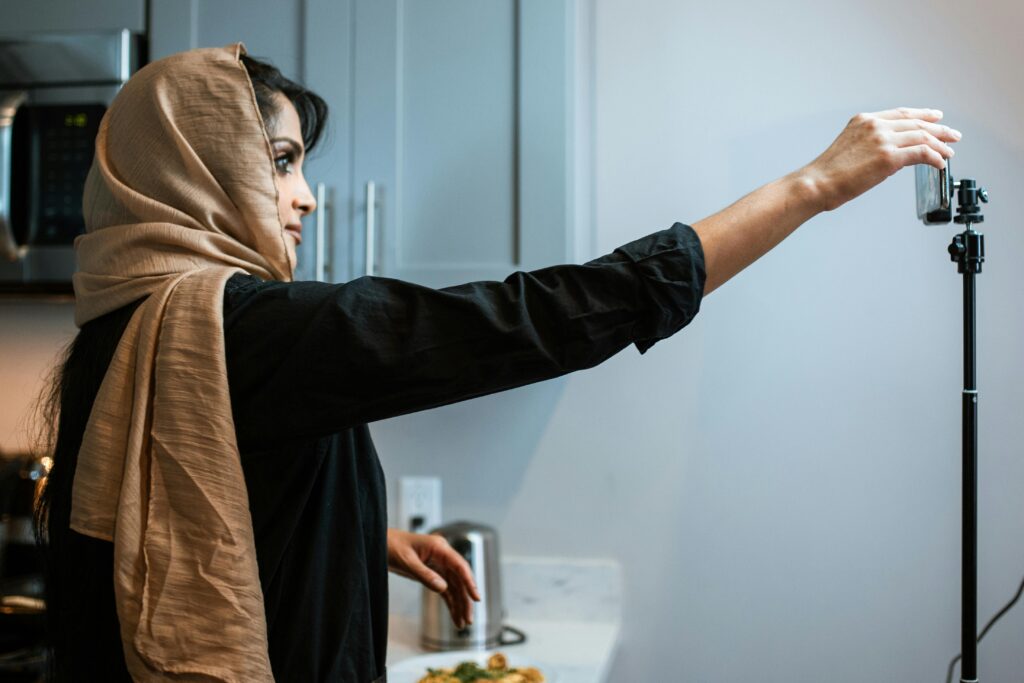✍️ Introduction
Social media influencers — everyday people who post content on platforms like YouTube, Instagram, and X — are increasingly shaping opinions, trends, elections, and businesses. With fame and impact comes serious responsibility, making this a powerful debate topic:
Are influencers a force for social good — or do they pose risks to culture, ethics, and truth?
🧾 What is a Social Media Influencer?
A social media influencer is someone who has built a significant following online and can shape opinions, behaviors, and buying choices. Influencers range from micro‑creators with 10k followers to mega‑stars with millions, and they earn by promoting brands, sharing ideas, or participating in social campaigns.
🧠 Context
-
50% of Indians say their travel decisions are shaped by influencers in 2025
-
Leading influencers are now starting their own retail or beauty startups — moving from content to commerce
-
A parliamentary panel is reviewing whether influencers undermine India’s national interests
-
Cases like the Ranveer Allahbadia controversy and police scrutiny over obscene content spark concerns about regulations
This makes influencers a multi-dimensional GD topic — blending marketing, mental health, freedom of expression, patriotism, and legal frameworks.
✅ Arguments in Favour (YES – Influencers are beneficial)
-
✅ Boost small business visibility – Influencers help local brands reach millions.
-
✅ Access to authentic recommendations – Followers trust influencer reviews more than ads.
-
✅ Drive trends and innovation – From sustainable fashion to language learning.
-
✅ New career opportunities – Content creation is a legitimate source of income.
-
✅ Platform for social causes – Many promote education, mental health, and environment.
-
✅ Political engagement – They can motivate young people to vote or stay informed.
-
✅ Cultural exchange – Influencers like Jessica Kumar share desi “jugaad” culture with the world
-
✅ Boost digital economy – Influencer-led startups are driving ecommerce growth .
-
✅ Encourage creativity – People experiment with music, dance, art, cooking, and storytelling.
-
✅ Direct connection with audiences – Unlike traditional media, influencers can interact personally.

Also Read: Is Live-in Culture Changing India’s Relationship Norms?
❌ Arguments Against (NO – Influencers pose risks)
-
❌ Promote unrealistic lifestyles – Can cause dissatisfaction and financial overreach.
-
❌ Spread misinformation – Especially political or financial “finfluencer” advice ft.com.
-
❌ Trigger moral controversies – e.g., Ranveer Allahbadia case raised free speech concerns
-
❌ Cultural erosion – Some abuse clickbait and controversy, trivializing heritage
-
❌ Influencer regulation issues – Parliament is reviewing content that undermines national interests
-
❌ Algorithm-driven polarization – AI shows extreme opinions to stay sticky.
-
❌ Fake followers or engagement – Undermine real reach and hurt brand trust.
-
❌ Drives consumerism – Encourages impulsive buying and materialism.
-
❌ Privacy concerns – Influencers can pressure for personal information or data.
-
❌ Unpaid or unfair labour – Many micro-influencers get paid poorly despite offering value.
🔚 Balanced Conclusion
Social media influencers have democratized branding and storytelling, offering inspiration, business growth, and new career paths. But there are growing risks — misinformation, economic inequality, moral controversies, and cultural dilution.
The ideal path? Balance regulation, media literacy, and accountability, so we can harness the best of influencers while safeguarding society’s values.
📌 Quick Summary
-
YES: Influencers support business, creativity, and social causes.
-
NO: They also risk spreading false info, cultural harm, and unregulated content.
-
Verdict: They’re powerful — but we need clarity, education, and responsible content.
❓ FAQs
Q1. Do influencers influence elections in India?
Yes — platforms like YouTube and Reels are used discreetly to shape public opinion
Q2. What’s a “finfluencer”?
Someone who offers stock and finance advice online — sometimes unregulated, misleading people .
Q3. How can we enjoy influencers safely?
Verify their content, watch diverse creators, avoid clickbait, and report inappropriate material.

